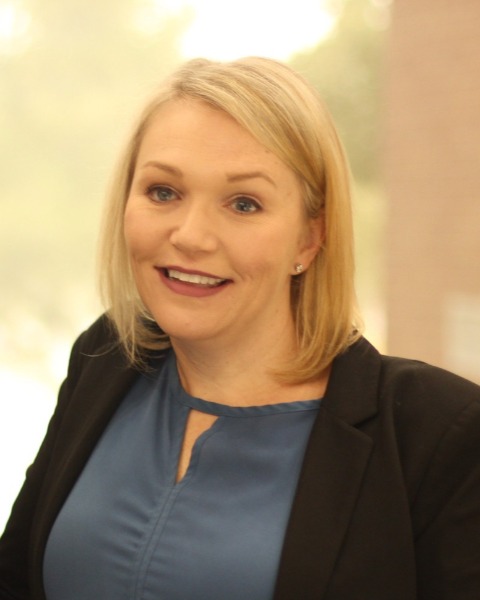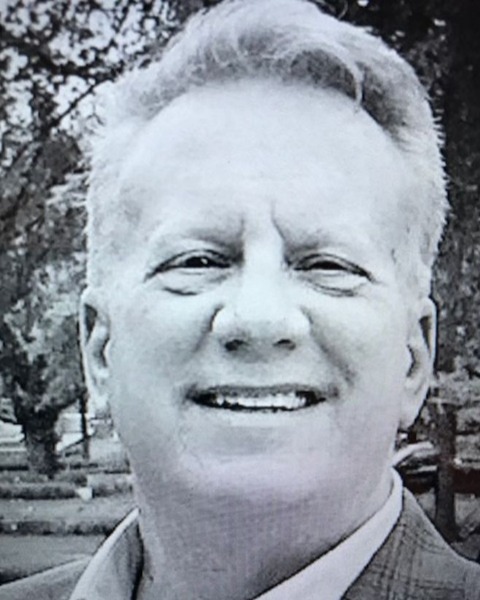Pharmacist-Led Medication Management in the Senior Living Community: Is Your Risk Reduction Strategy in Need of a Dose Adjustment?
1.00 CME / 1.00 CMD Management / 1.00 MOC
The speakers will discuss the current acuity shift in senior living and how it is affecting patients, providers, payers, and organizations. This session will review current challenges in the delivery of high-quality pharmaceutical care to persons in a variety of community-based and long-term care settings, with a focus on what is missing from traditional medication management programs and the needs they fail to address. A pilot project supported by a senior living provider, integrated technology vendor, and clinical pharmacy services provider will be discussed. An evidence-based framework will be outlined for providers looking to enhance current services by developing person-centric, multidisciplinary outcomes-based clinical model for their patients.
Presenters
 Karmen Stephens, PharmD, BCGP, is an executive level clinical pharmacist and value-based payment subject matter expert with 20 years’ experience in a variety of pharmacy practice settings. She is currently the Vice President of Clinical for Consana. Over the past 10 years, her primary clinical focus has been high-risk populations, with a particular interest in geriatrics and patients with intellectual/developmental disabilities.
Karmen Stephens, PharmD, BCGP, is an executive level clinical pharmacist and value-based payment subject matter expert with 20 years’ experience in a variety of pharmacy practice settings. She is currently the Vice President of Clinical for Consana. Over the past 10 years, her primary clinical focus has been high-risk populations, with a particular interest in geriatrics and patients with intellectual/developmental disabilities.
 Mark Anderson, BA, MA, is the Chief Client Officer at Eldermark Software, Minnetonka, MN, and a seasoned professional in management and operations across the continuum of older adult services with over 25 years’ experience. Mr. Anderson’s areas of expertise include Senior Housing with Services and Assisted Living operations, business operations analysis, business/service model design, development, and deployment. Mr. Anderson is an active business partner member of several state and national associations representing senior living and he serves on the Board of Directors for the Minnesota Elder Justice Center.
Mark Anderson, BA, MA, is the Chief Client Officer at Eldermark Software, Minnetonka, MN, and a seasoned professional in management and operations across the continuum of older adult services with over 25 years’ experience. Mr. Anderson’s areas of expertise include Senior Housing with Services and Assisted Living operations, business operations analysis, business/service model design, development, and deployment. Mr. Anderson is an active business partner member of several state and national associations representing senior living and he serves on the Board of Directors for the Minnesota Elder Justice Center.
Credit Imformation
Activity Created 3/2022
Credits Available Until 3/2025
Credit Statements:
CME: AMDA – The Society for Post-Acute and Long-Term Care Medicine designates this enduring material for a maximum of 1.0 AMA PRA Category 1 Credit(s)TM. Physicians should only claim credit commensurate with the extent of their participation in the activity.
AMDA – The Society for Post-Acute and Long-Term Care Medicine for Post-Acute and Long-Term Care Medicine is accredited by the Accreditation Council for Continuing Medical Education (ACCME) to provide continuing medical education for physicians.
CMD: This self-study activity has been pre-approved by the American Board of Post-Acute and Long-Term Care Medicine (ABPLM) for a total of 1.0 management hours toward certification or recertification as a Certified Medical Director (CMD) in post-acute and long-term care medicine. The CMD program is administered by the ABPLM. Each physician should claim only those hours of credit actually spent on the activity.
ABIM Maintenance of Certification (MOC): Successful completion of this CME activity, which includes participation in the evaluation component, enables the participant to earn up to 1.0 Medical Knowledge MOC points and patient safety credit in the American Board of Internal Medicine’s (ABIM) Maintenance of Certification (MOC) program.
Participants will earn MOC points equivalent to the amount of CME credits claimed for the activity. It is the CME activity provider’s responsibility to submit participant completion information to ACCME for the purpose of granting ABIM MOC credit.
Visit the Continuing Education page for information on if and how you can claim credit/hours for AMDA’s education.
Disclosure Information:
The Society requires the disclosure of all speaker/faculty/planner’s relevant financial relationships; presence of off-label use of a device or medication; and discussion of any experimental, new or evolving topic prior to each accredited education activity.
If the learner perceives any bias toward a commercial product or service, advocation of unscientific approaches to diagnosis or therapy, or recommendation, treatment, or manners of practicing healthcare that are determined to have risks or dangers that outweigh the benefits or are known to be ineffective in the treatment of patients please report this to the Society’s staff.
All relevant financial relationships have been identified, mitigated, and resolved.
- The following AMDA Education Committee members have financial relationships to report: Diane Sanders-Cepeda, DO, CMD — UHC E&I Retiree Solutions: Full-Time Employee; all others have no relationships with ineligible companies.
- The speakers have no relevant financial relationships.
- AMDA staff have no relationships with ineligible companies.